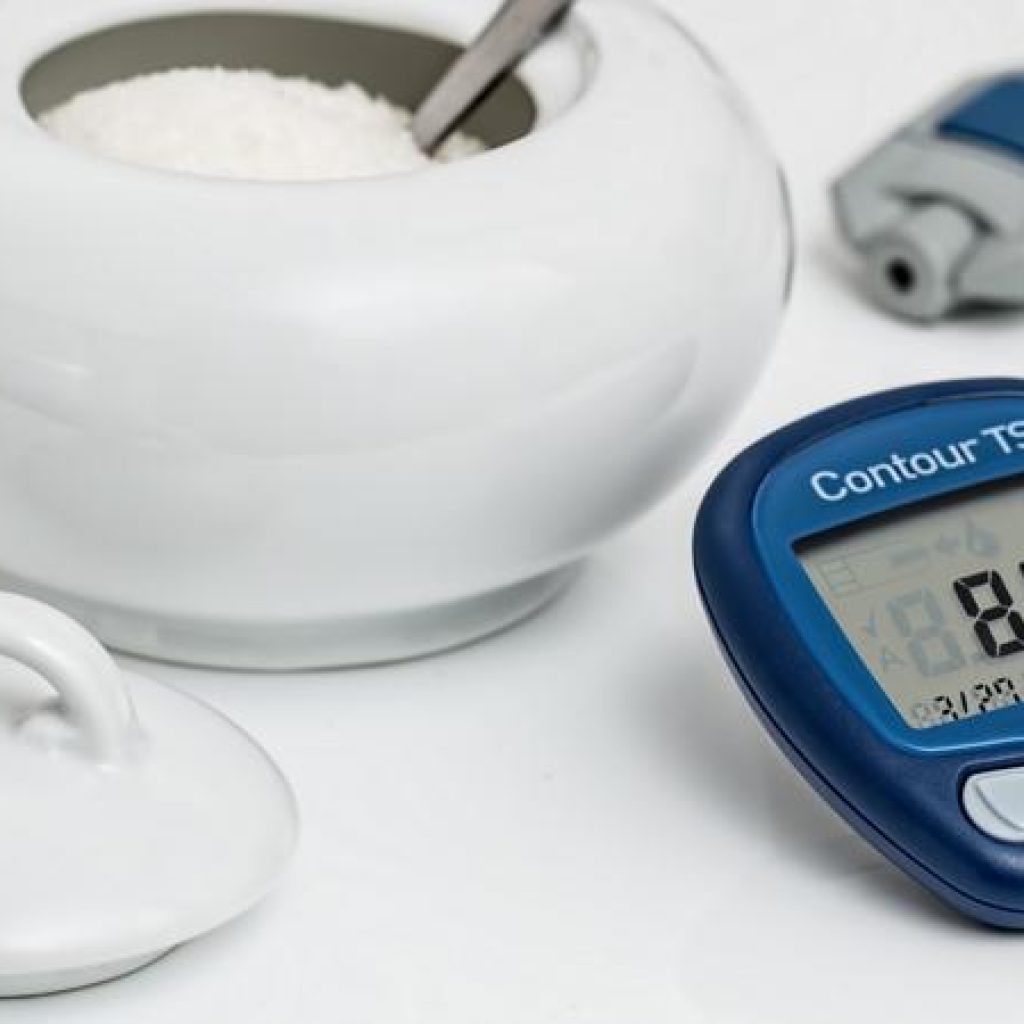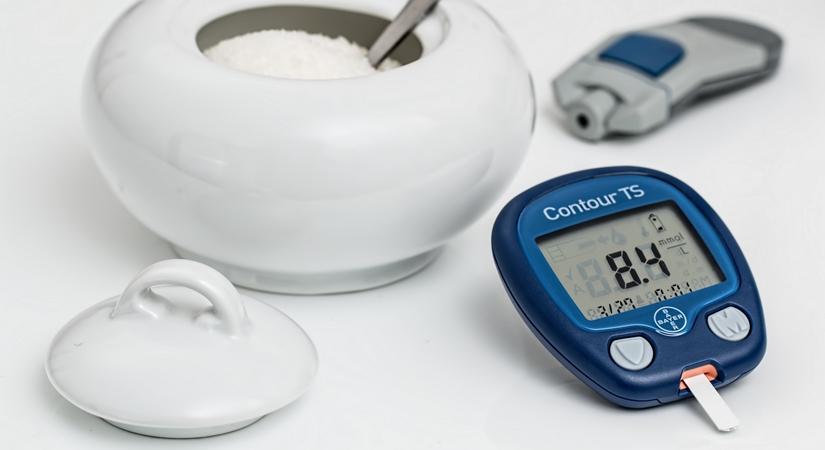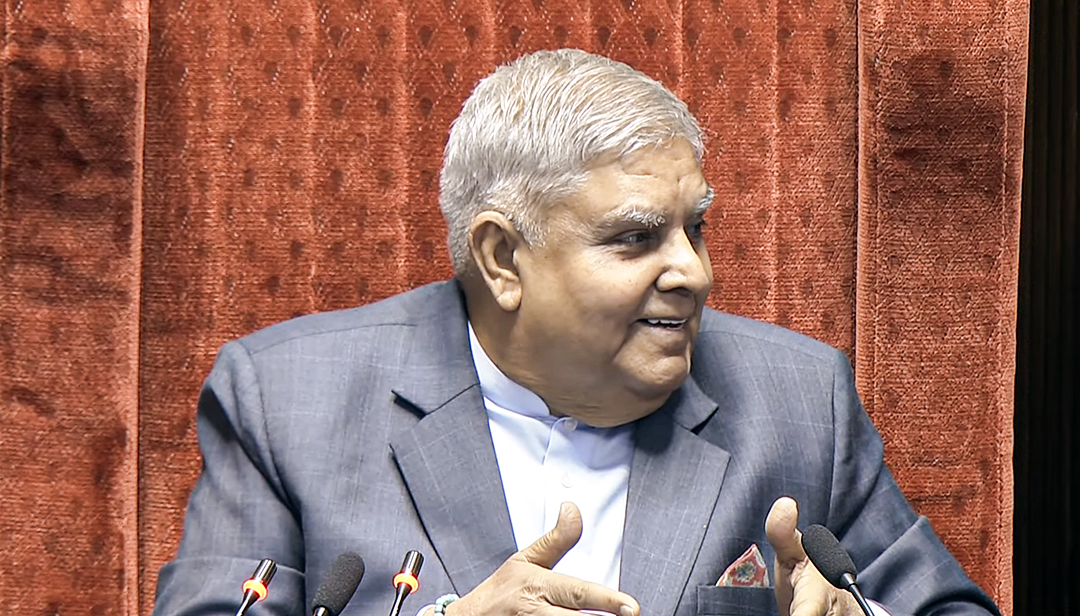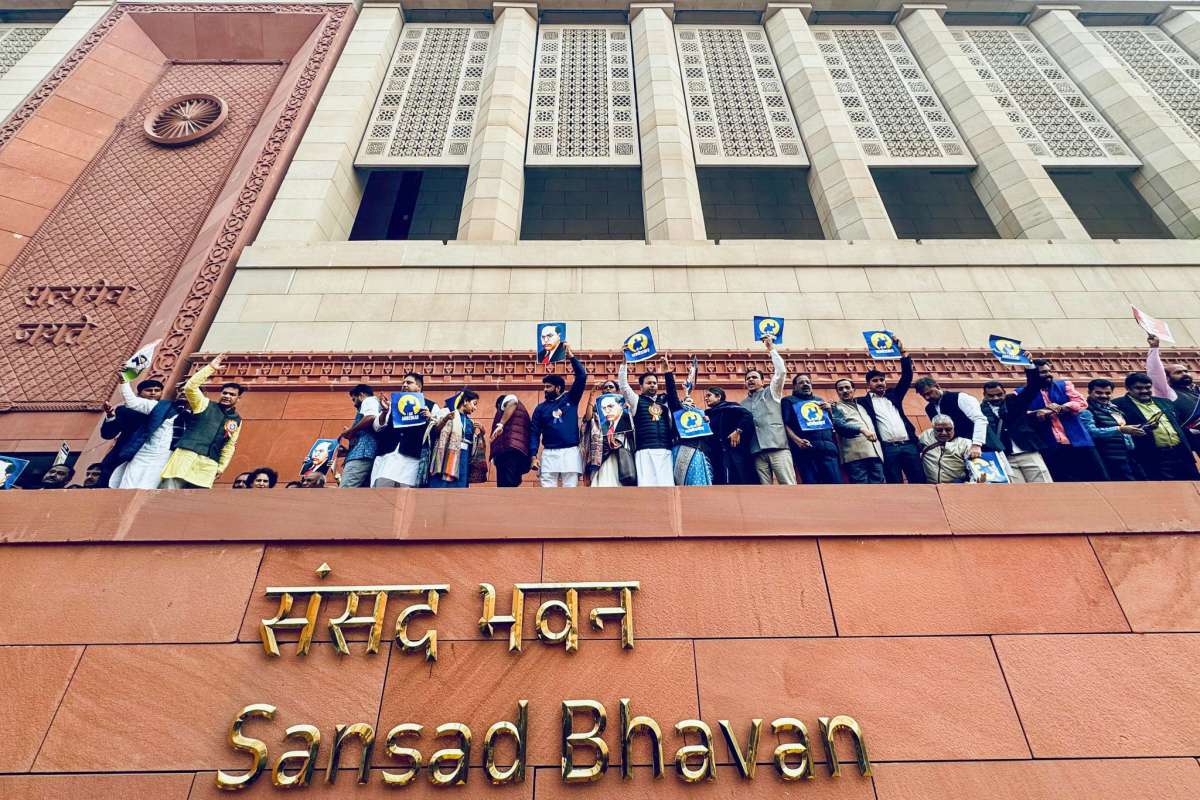
An unhealthy diet, sedentary lifestyle, and obesity along with excessive screen time from TV, computers, mobile phones, and internet use can increase the risk of developing diabetes in the future and lead to further health complications…writes Dr. Farzana Aliyar
On November 14, World Diabetes Day focuses on this year’s theme: “Breaking Barriers, Bridging Gaps.” With over 422 million people affected globally and 1.5 million lives lost annually, diabetes is a serious health concern.
The rising number of young people impacted by this disease calls for attention. Let’s explore how diabetes affects youth and the potential treatments available through homeopathic medicine.
What is Diabetes?
Diabetes Mellitus is a medical condition caused by high levels of glucose in the blood. Glucose is a carbohydrate that provides energy to the body. Glucose that enters the bloodstream through food is converted into glycogen and fat into triglycerides and delivered to the body’s cells. Glucose is broken down by insulin, a hormone produced in the pancreas.
But what if the insulin doesn’t work as it should? Glucose levels in the blood can increase and cause serious health problems. Diabetes is a condition in which the production of insulin ceases or does not work properly. Diabetes is mainly of two types. Type-1 diabetes is a congenital condition that does not produce insulin. Type-2 diabetes occurs when insulin is produced but does not work properly. 90% of patients have Type-2 diabetes.

Diabetes in the Thirties?
Until a quarter of a century ago, diabetes was a disease that was only heard of in the elderly and young children due to genetic reasons. However, with time, due to lifestyle changes and a sedentary attitude, diabetes has become a common disease even among people under the age of 25. This type of diabetes seen in young people is called Type-2 diabetes. This is a condition that can run in families. Even family history two generations back can predispose someone to Type-2 diabetes.
The fact is that if you get diabetes in your thirties, you will have to live with complications for the next 40-50 years. A combination of an unhealthy diet, sedentary lifestyle, and obesity with excessive use of TV, computers, mobile phones, and the internet may cause diabetes in the future and lead to further complications.
A delay in diagnosis and treatment due to a lack of proper awareness can lead to serious health problems. It affects the functioning of almost all organs in the body. Cardiovascular disease, heart attack, stroke, chronic kidney disease, leg ulcers, nerve damage, cognitive decline, eye damage, vision loss, and sexual impotence can all affect diabetic patients.

Causes and Diagnosis
Type-2 diabetes, which usually occurs in adults, is caused by defects in the body’s insulin action. The disease is caused by the body not responding properly to insulin; lack of exercise, a sedentary lifestyle, and poor diet all contribute to diabetes. Obesity is a factor that greatly increases the risk of diabetes.
Type-1 diabetes, which is seen in children, is caused by a lack of insulin production. It is caused by an infection or autoimmune disease affecting the beta cells of the pancreas. Children with this condition may not have issues with obesity or other health problems, but lifelong insulin therapy may be required.
All types of diabetes are usually diagnosed through a blood test. The main tests are pre- and post-meal blood tests and HbA1C to find the average glucose level over the past three months. A healthy blood glucose level is between 70 and 120 before a meal and between 90 and 130 after a meal.
HbA1C is the most effective test to assess whether diabetes is under control. In non-diabetics, HbA1C should be less than six. In diabetics, it should be kept below seven.
People with a family history of diabetes are at higher risk, but diabetes can be kept at bay with proper exercise and diet.
Treatment of Diabetes in Homeopathy
In homoeopathy, treatments are given according to the characteristics of each patient. The same method is followed by doctors in the case of diabetes. For this, the patient’s physical nature, disease, family history, mental status, response to weather, diet, etc., are all considered. This study, which helps understand the life structure of the patient, is called a constitutional study. Then, depending on the symptoms, different remedies are prescribed for each patient.
In other branches of medical science, diabetes is considered a chronic disease. However, with proper medication and lifestyle changes, diabetes can be controlled. Along with this, reducing mental stress, adopting a healthy diet, and exercising are also necessary.

Changes Can Be Made, and Diabetes Can Be Controlled
Lifestyle and dietary changes are just as important as, or even more important than, medication.
Avoid foods high in carbohydrates like rice, rice dishes, sweets, and bakery foods. Instead, make sure to eat easily digestible foods, protein, healthy fats, fibre, nutritiously, balanced meals, and various types of salads. Care should be taken to avoid fatty foods, junk foods, sugary foods, and drinks to prevent obesity and diabetes risks.
Another crucial factor is making exercise a habit. At least 120 minutes of exercise per week is required. Brisk walking, jogging, going to the gym, various types of cardio exercises, weight training, cycling, and skipping can all be done.
It takes more effort and self-control to bring about a marked change in the lifestyle that has been followed for so long. Along with this, tension should be avoided, and adequate rest should be obtained. These types of changes can help control diabetes and prevent many lifestyle diseases.
ALSO READ: Green energy for millennials
ALSO READ: Metabolic Syndrome: Vital Health Checkups for At-Risk Families












